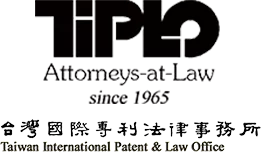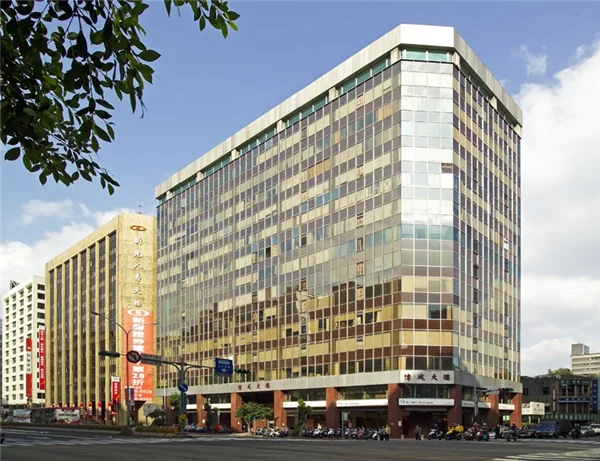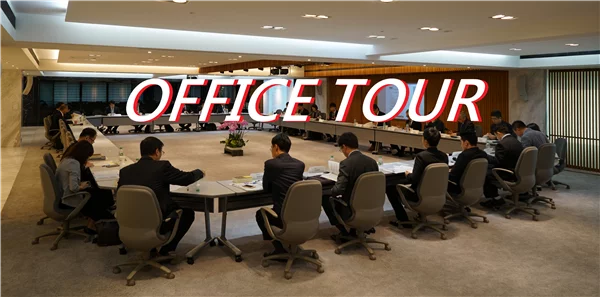IP Cases Adjudication Rules Come into Force in Line with the Opening of the IP Court.
E080511Y6・E080509Y6 Jun. 2008(E103)
The IP Court will be the special court where the civil, criminal and administrative proceeding on an action arising from a dispute over IPR will be consolidated. The IP Court will have jurisdiction as the first-and second-instance court over civil action (with the Supreme Court being the third-instance court), the second-instance court over criminal action (with the general court being the first-instance court and the Supreme Court being the third-instance court) and the first-instance court over administrative action arising from IP subject matters (with the Supreme Administrative Court being the second-instance court which is also the final instance court).
The IP Cases Adjudication Act promulgated on 28 March 2007 (Adjudication Act) introduces various measures with respect to the civil, criminal and administrative procedure, including the participation in the trial by technical examination officers, the protective order regime in respect of trade secret, and acceptability of introduction of new evidence during the proceeding of the administrative action on patent and trademark right. The IP Cases Adjudication Rules promulgated on 24 April 2008 consisting of 42 articles will come into force on the same day as the Adjudication Act.
Under the new IP litigation regime, the technical examination officer participating in the trial of the case will provide the relevant analysis based on his/her special knowledge and assist the judge in comprehending the technical issues involved in the case. However, the technical examination officer’s statement must not be taken forthwith as the evidence to establish the transactions and occurrences alleged. The parties to the action still must duly satisfy their burden of proof of their allegations.
With respect to the protective order regime, it is introduced to balance the protection of trade secret and the party’s right to sue. According to the IP Cases Adjudication Rules, the court may suspend the examination of the trade secret produced before the ruling on the motion for protective order becomes final with binding effects. The court shall make no disclosure of any kind of the trade secret in the gist and reasoning of its ruling on the motion for protective order and nor shall the trade secret be made an exhibit to the ruling. For the purpose of the ruling, the court is to duly act to protect the trade secret by making reference to the trade secret in an indirect manner.
With respect to the intervention by the IP special authority, the civil court may, when determining the validity of the IPR at hand, order the special authority to intervene in the action. Where the disputed issue involves special knowledge or certain legal principle when it is necessary for the IP special authority to be heard, the court may order the IP special authority to intervene in the action to present its attacks and defense for itself.
With respect to the administrative aspect of IP litigation, the Adjudication Act allows the party to the action seeking revocation, cancellation of the mark registration or revocation of the patent in issue to introduce new evidence on the same reason alleged for the revocation or cancellation being sought for before the oral argument session on the action ends. The Adjudication Act further requires that the IP special authority present its defense in writing in response to the new evidence introduced. Where the party fails to present the new evidence alleged in due course for whatever reason, the court may forthwith dismiss the motion for introduction of new evidence under the Code of Administrative Procedure. (2008.05)
/EMA














